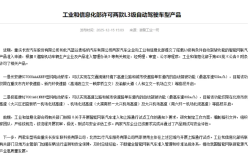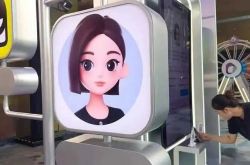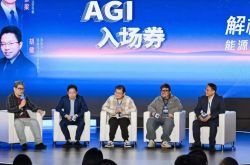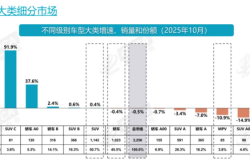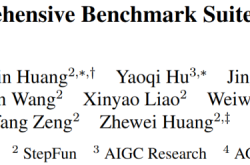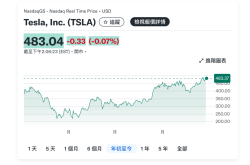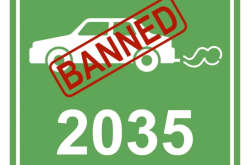Silicon Valley Unveils L4 Autonomous Car for Personal Ownership
![]() 08/21 2025
08/21 2025
![]() 417
417
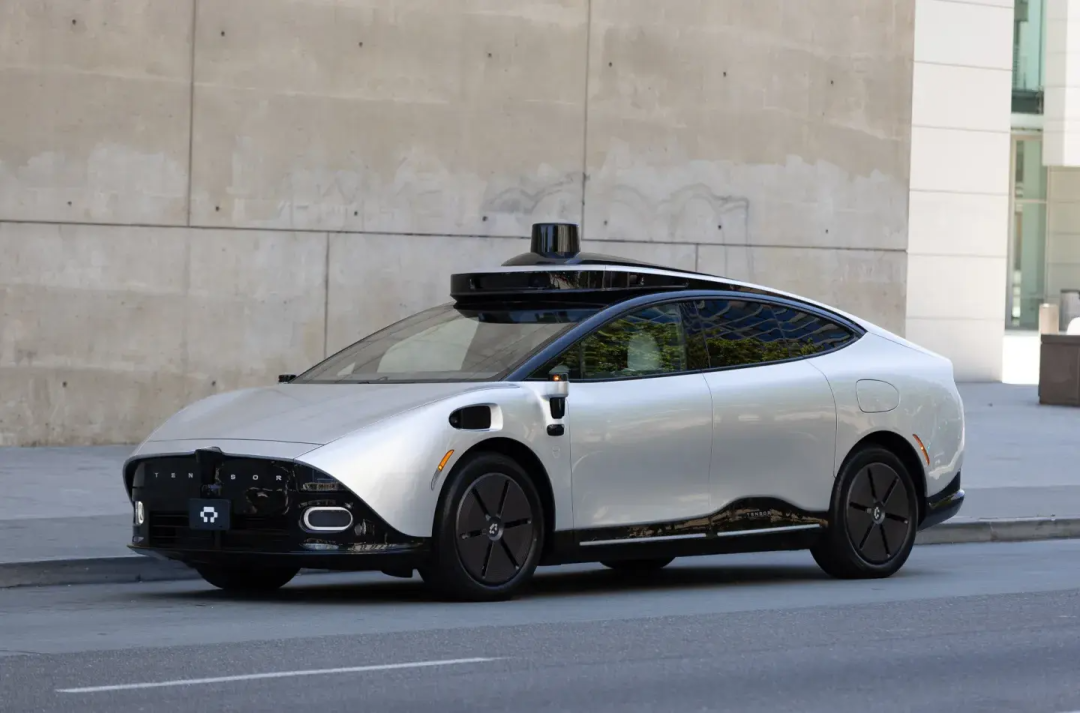
The steering wheel can be folded and stored.
Author | Rongxi
The era of truly "hands-off" autonomous driving has arrived.
Tensor, a pioneering startup from Silicon Valley, has just announced the Robocar, slated for delivery in specific markets such as the United States, Europe, and the UAE in 2026.
According to their official statement, this marks the world's first autonomous driving car that individuals can own.
Designed from the ground up for autonomous driving, this vehicle's significance transcends its delivery status. Tesla, for instance, has only reached L2, while Mercedes-Benz has launched limited L3 autonomous driving cars. Only Waymo's RoboTaxi achieves L4, but only in specific environments and conditions.
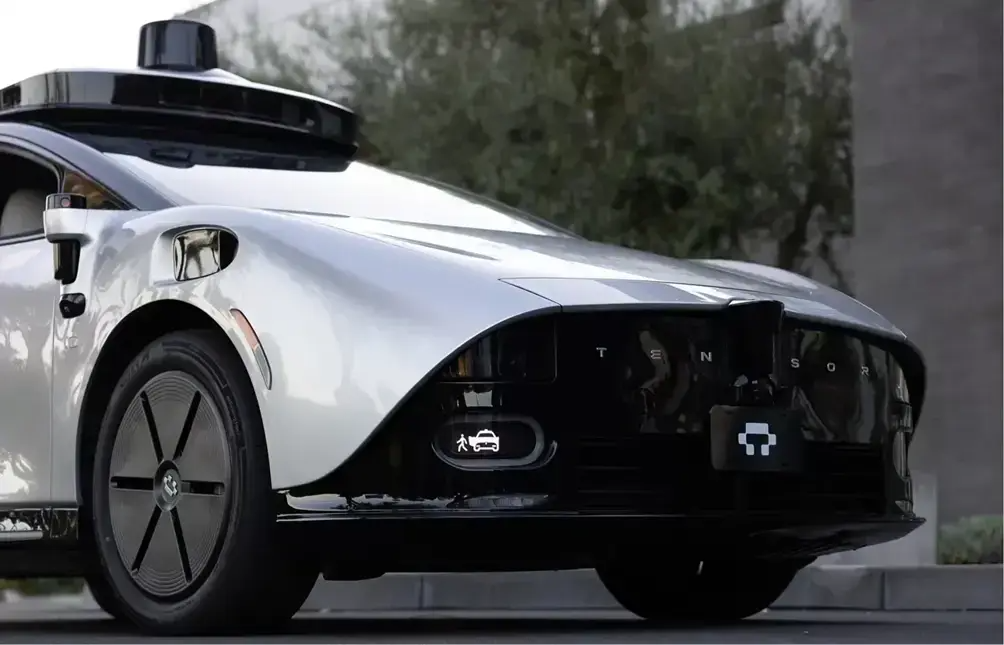
The Tensor Robocar may be the first autonomous driving car that is available for purchase with money.
"This isn't just a car; it's a personal assistant that moves you around," said Amy Luca, Chief Marketing Officer of Tensor.
Luca explained that the essence of Robocar is an AI-native machine running Tensor's foundation model to handle perception, planning, and reasoning. Technically, its latest software leverages machine learning as its core, combined with multiple self-developed tools and the "Tensor Foundation Model" based on transformers, eschewing an end-to-end solution.
Achieving L4 autonomy necessitates highly redundant software and hardware, evidenced by the car's unprecedented number of sensors:
Robocar boasts over 100 sensors, including 37 cameras, 5 LiDARs, 11 radars, 22 microphones, 10 ultrasonic sensors, 3 IMUs, 16 collision detectors, 8 water level sensors, 4 tire pressure monitors, and even a smoke detector.
All vehicles are equipped with redundant power and communication systems to ensure seamless operation in the event of a failure. Cameras and other sensors are protected by covers and can be automatically cleaned when parked.
With such an abundance of sensors, the car's appearance is quite unique.
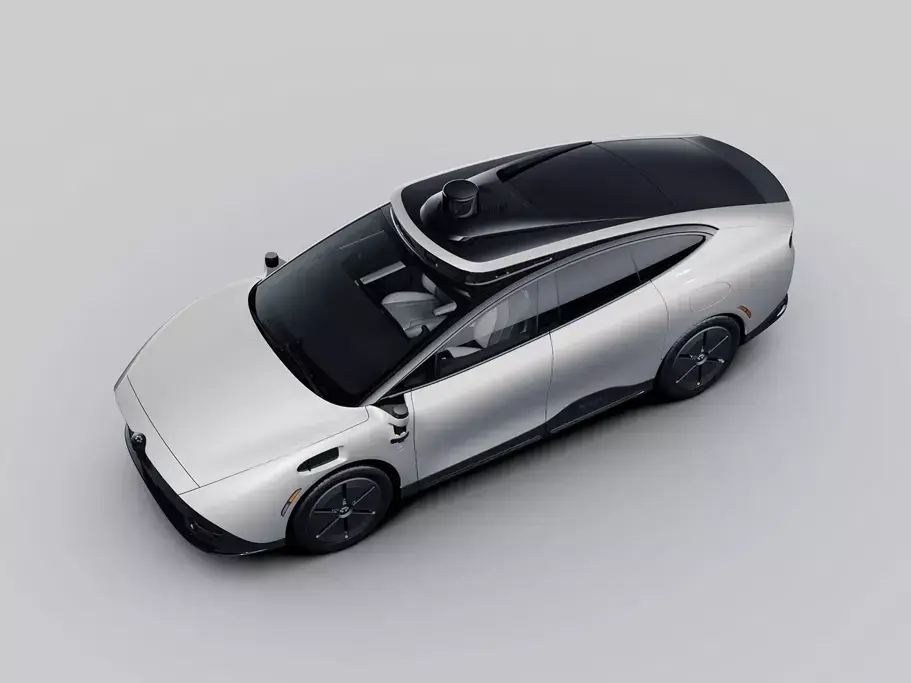
For instance, the roof features a prominent bulge housing multiple sensors, including LiDAR and cameras, giving it a somewhat unconventional look. This design seemingly compromises the drag coefficient.
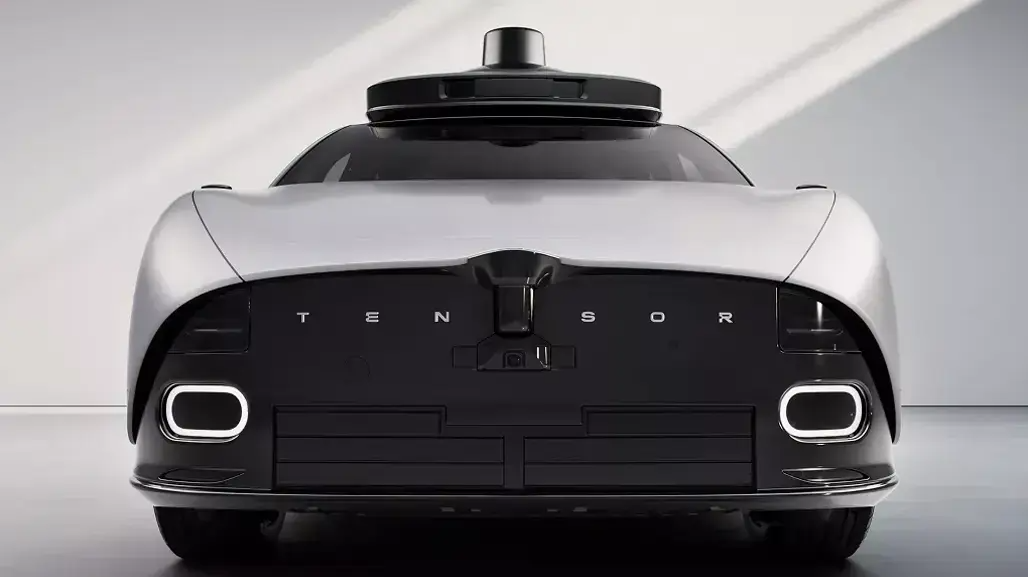
The front end is equally distinctive, with a smoked-out design that stands apart from the body. The driving lights on either side are elliptical, with the license plate positioned in the middle.
The doors are designed to open opposite each other and are frameless. From the official promotional video, the front doors appear slightly larger, suggesting ample space for the front passenger.
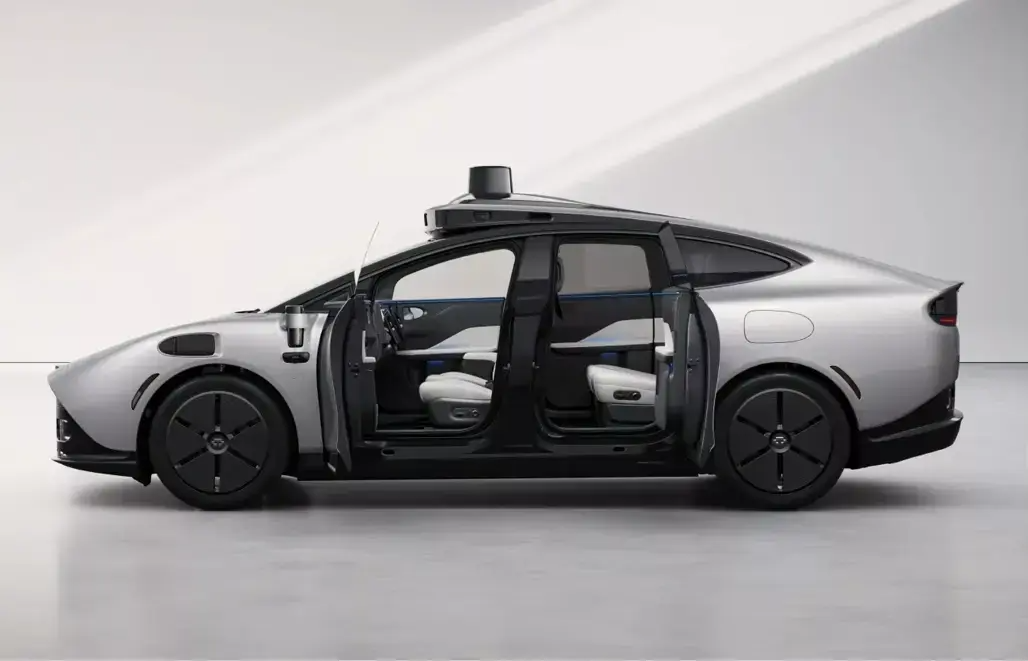
The back row also features screens to cater to rear passengers' entertainment or navigation needs.
One of the most intriguing features is the steering wheel, which can be folded and replaced by a screen.
Tensor emphasized that this car is not only autonomous but also possesses "self-awareness," functioning as a personal assistant that enables normal conversations while inside the vehicle.
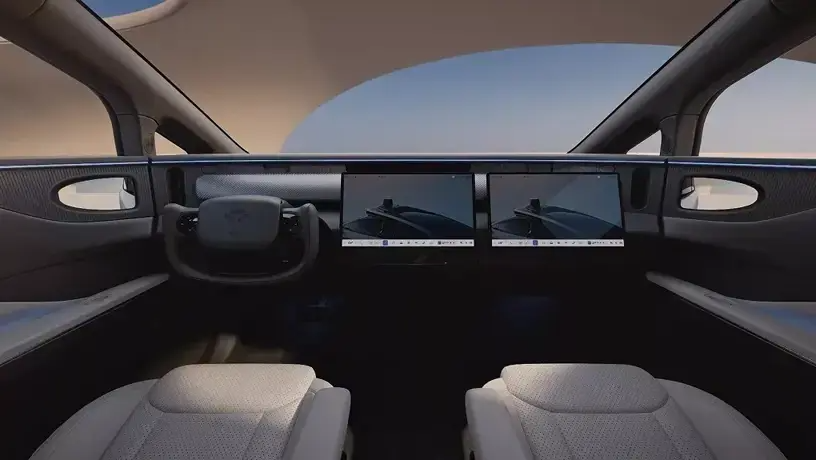
Regarding privacy protection, Tensor has taken rigorous measures. Owners can completely disable the remote assistance function. In autonomous driving mode, the steering wheel and pedals are stowed away, creating a spacious and tidy interior. The manufacturer assures that user data remains within the car and will not be uploaded to the cloud at this time.
While you may not be familiar with Tensor, you might know AutoX, which once operated thousands of Robotaxis in the outskirts of Shenzhen and was the first company to conduct fully driverless tests simultaneously in both China and the United States. Unfortunately, AutoX has now fully exited the Chinese market.
Tensor stated that Robocar is the "evolved version" of AutoX for private cars.
In a sense, AutoX can be considered the precursor to Tensor.
Founded in 2016, AutoX is headquartered in San Jose, USA, focusing on developing L4 and above autonomous driving technology for complex urban road conditions.
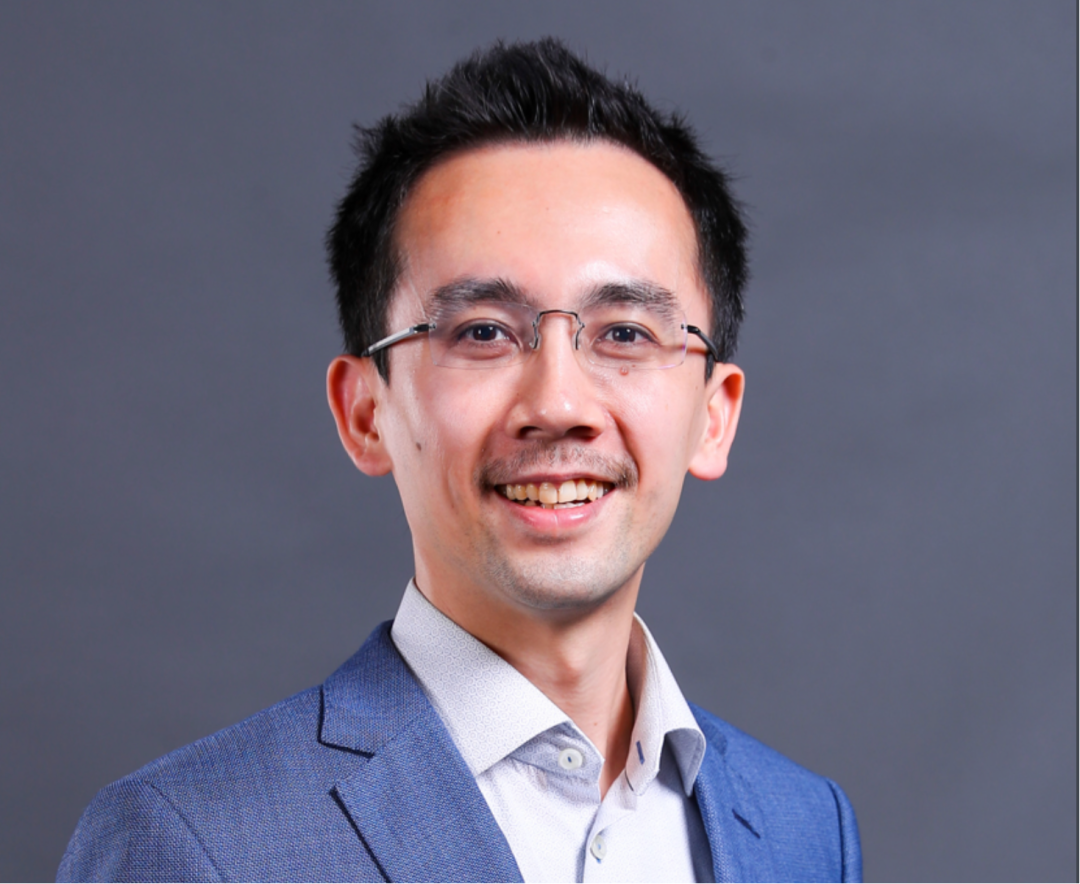
The company was founded by Xiao Jianxiong, a former Princeton University Professor and expert in 3D learning, computer vision, and robotics. He established the computer vision and robotics laboratory at the school and won the Best Student Paper Award at ECCV 2012, earning him the moniker "Professor X" in the industry.
After establishing AutoX, Xiao attracted investments from Dongfeng Motor and Alibaba and forged strategic partnerships with numerous domestic OEMs.
In 2020, AutoX partnered with Fiat Chrysler to launch an autonomous taxi service in China. In 2022, it opened an autonomous taxi operation center in San Francisco. Regarding its existing licenses, AutoX has submitted a name change to the California Department of Motor Vehicles. Tensor is one of only six companies permitted to test fully autonomous vehicles on public roads in California.
However, times have changed. After experiencing rapid growth in China, AutoX has now fully exited the Chinese market, focusing its operations on overseas markets.
As for the production of the Robocar, Tensor will entrust it to VinFast, the Vietnamese automotive newcomer founded by Vietnam's richest man.
After all these twists and turns, it seems that the automotive industry isn't as vast as one might think.


